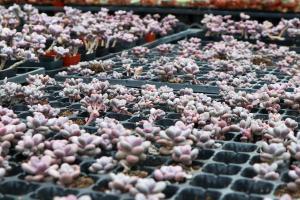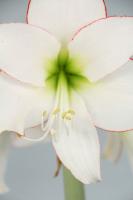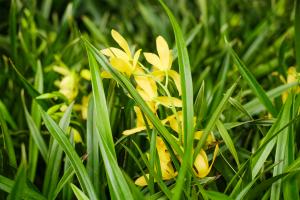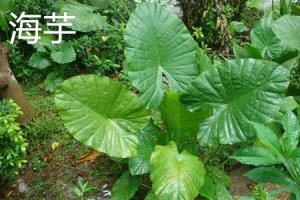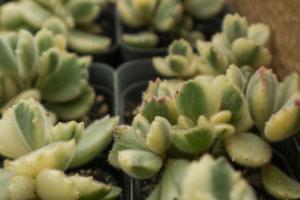What to Do to Bring a Potted Plant Inside for Winter
Winter can be a challenging time for potted plants, especially for those that need warmth and sunshine to thrive. When the temperature drops and the days become shorter, it's time to start thinking about bringing your beloved garden plants inside. In this article, we will discuss what you need to do to bring a potted plant inside for winter.
Choose the Right Time
The first step in bringing your potted plant inside is to choose the right time to do it. You should bring your plants inside before the first frost of the year arrives. Depending on where you live, you may need to take them inside in October, November, or December. It's important to pay attention to the weather forecast and plan accordingly.
Clean and Prepare the Plant
Before you bring your potted plant inside, clean and prepare it properly. Remove any dead leaves or flowers, and check for bugs and pests that may be hiding in the soil. It's a good idea to re-pot the plant with fresh soil, as this will help eliminate any pests or diseases that may be lurking in the old soil. Additionally, you should trim the plant down if it has grown too tall or has become too bushy. This will make it easier to move and keep it manageable indoors.
Control Temperature and Humidity
The temperature indoors can be drastically different than outside, so it's important to control the temperature and humidity levels inside your home. Make sure your plant is in a place where the temperature is consistent, ideally between 60 and 75 degrees Fahrenheit. Additionally, you might need to increase the humidity around your plant, particularly if your home is particularly dry due to heating systems. You could use a humidifier or place a tray of water nearby to help add moisture to the air.
Provide Adequate Lighting
One of the biggest challenges when bringing a potted plant inside for winter is providing adequate lighting. Your plant will need around 12 to 14 hours of bright, direct light every day. If you don't have enough natural light in your home, you could supplement it with artificial grow lights. Be sure to move your plant closer to the light source as the days get shorter.
Watering
Finally, you need to consider watering. Plants that are inside need less water than those that are outdoors, as the conditions are less dry. You should water your plant when the top of the soil feels dry to the touch. Be careful not to overwater, which can lead to root rot and other problems. It's also important to avoid letting your plant sit in standing water, as this can lead to fungal growth and other problems.
With these tips, you can successfully bring your potted plant inside for winter and help it thrive until spring arrives. Remember, each plant is different, so be sure to research the specific needs of your plant to ensure it stays healthy and beautiful all winter long.

 how many times do yo...
how many times do yo... how many planted tre...
how many planted tre... how many pine trees ...
how many pine trees ... how many pecan trees...
how many pecan trees... how many plants comp...
how many plants comp... how many plants can ...
how many plants can ... how many plants and ...
how many plants and ... how many pepper plan...
how many pepper plan...